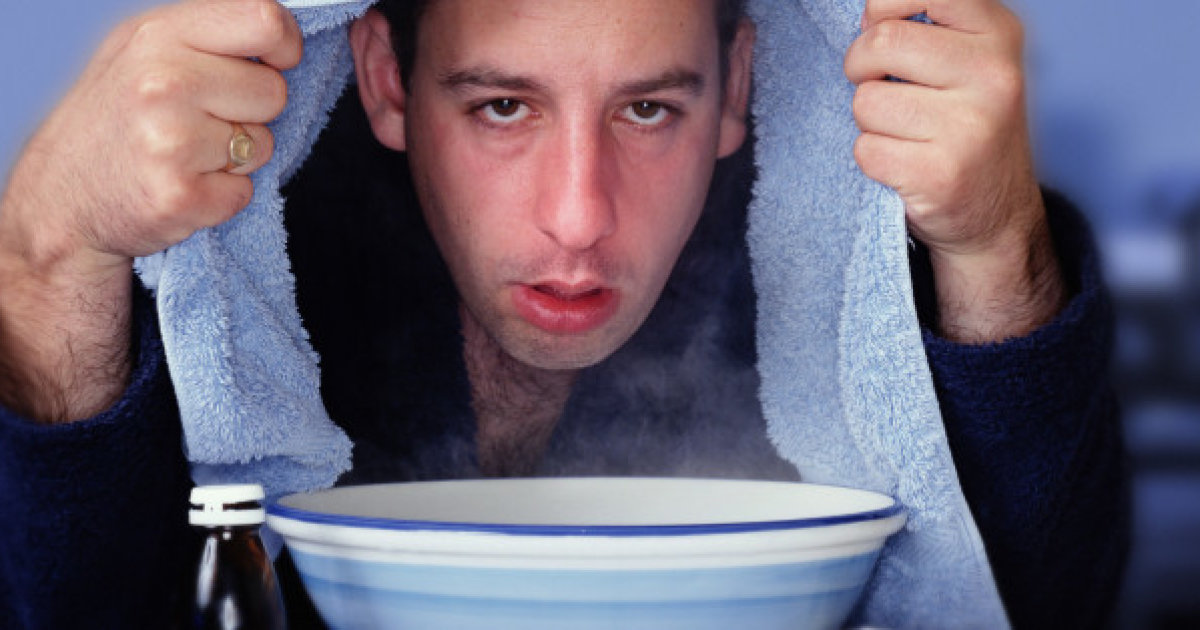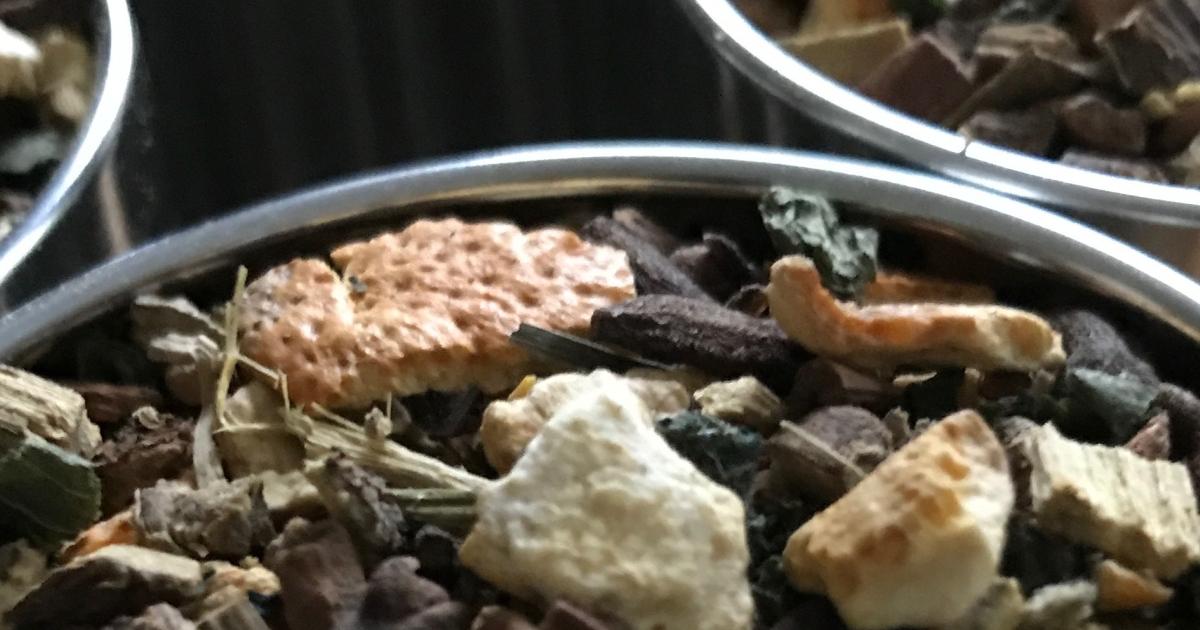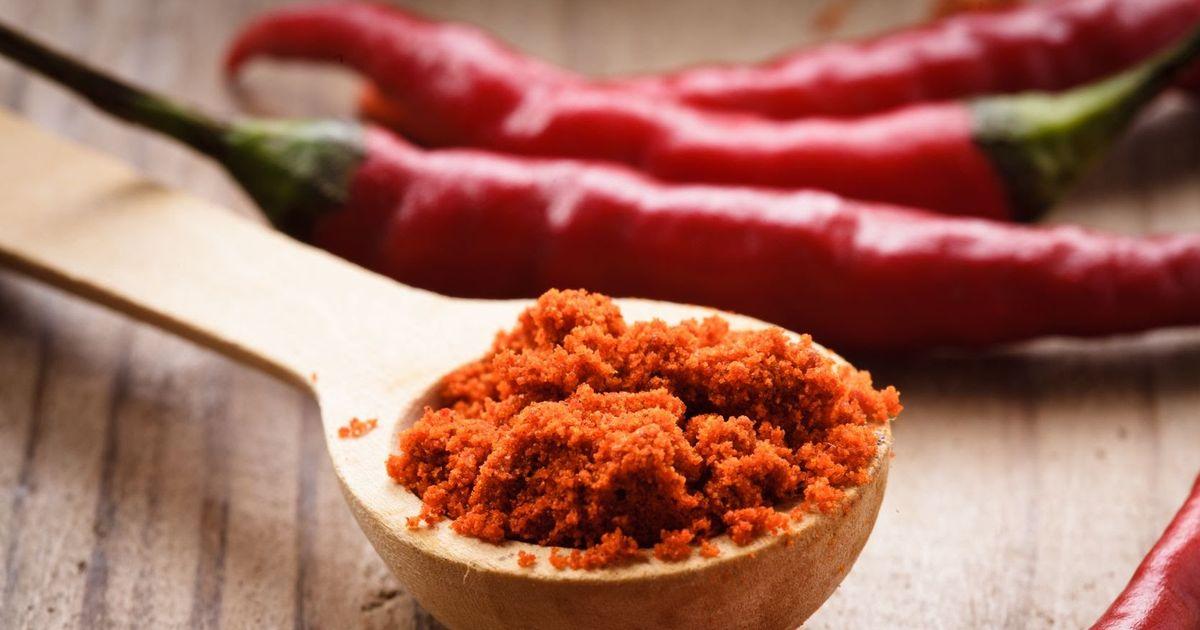Amazing Natural Expectorants To Try
Mucus is a substance produced and discharged by the mucous membranes and glands. Mucus provides protection and lubrication for the cells in many of our bodily systems, including the respiratory system. It protects the lungs by trapping the foreign matter that enters through the nose and other areas. A variety of conditions can cause mucus to build up and become excessive, such as allergies or viral infections. This causes congestion and other symptoms like coughing, sneezing, or difficulty breathing. Medicines used to loosen and thin excess mucus are called expectorants. These medications increase the water content of mucus and help to make a cough more productive. They’re available over-the-counter, but many individuals use natural remedies instead for a variety of reasons.
Natural expectorants come in many forms and can be just as effective as over-the-counter products. Learn more now.
Moisture And Steam

Moisture and steam are very important tools for individuals suffering from congestion. Increasing moisture with steam and other measures can help to alleviate many symptoms of respiratory issues. Moist air can help loosen phlegm in the airways and relieve the coughing it causes. This can be done in a number of ways. Moisture and steam can be created by inhaling steam from a humidifier, hot shower, or a large container of hot water. A hot shower creates steam almost instantaneously and can alleviate symptoms and ease breathing. Inhaling steam from a large bowl of hot water can provide the same effect. Individuals can keep moisture in the immediate area by draping a towel over their head and around the bowl. Congestion creates discomfort around the clock but is especially troublesome at night. It's difficult for individuals to get a good night's sleep when they can’t breathe properly. A humidifier can keep the air in the bedroom moist. Individuals should keep their windows and doors closed while using a humidifier, and clean it regularly to avoid buildup of bacteria and other harmful substances.
Uncover more natural expectorants now.
Cool Peppermint

Peppermint is known for its pleasant smell and as a flavoring for many food items, but it's also used for a wide variety of ailments. Cool peppermint can be used as an expectorant to help thin mucus and loosen phlegm. It contains a compound called menthol, which is a natural cooling ingredient. Menthol is the source of peppermint’s cool, minty taste and smell. The compound is the main and active ingredient in peppermint, and it interacts with the cold receptors in the nose and throat to provide symptom relief. Cool peppermint can be administered in several different ways to treat congestion. The peppermint leaves can be added to hot water to make peppermint tea. Drinking this fragrant tea can improve breathing by breaking down mucus. Peppermint essential oil can be used to clear sinus and lung congestion. The oil can be diluted with a carrier oil and massaged onto the chest, or it can be placed into a humidifier to be dispersed into the air. Peppermint oil can also be used with steam by placing a few drops into a bowl of hot water. With this method, individuals should position their face at a comfortable distance above the bowl with a towel draped over their head, and inhale the steam.
Continue reading to learn more about amazing natural expectorants now.
Soothing Honey

Honey has antiviral and antibacterial properties that can help treat many health conditions, including ailments causing congestion and congestion itself. It's a natural and soothing ingredient that can be added to a variety of beverages. Studies conducted on children with upper respiratory infections reported relief from many symptoms after honey consumption, such as coughing and sleep disruption. Mix a tablespoon of soothing honey into hot tea and enjoy its many health benefits and calming effect. The recommended dose for decongestion and other symptom relief is one tablespoon every three to four hours. Honey should not be given to children under one year old because of the risk of a rare illness called botulism.
Discover more about amazing natural expectorants now.
Licorice Root Tea

Licorice root is a well-known natural expectorant and cough suppressant that can ease congestion by loosening and expelling phlegm. The popular herb also works to relieve inflammation and soothe sore throats and irritated mucous membranes. The leaves of the plant are dried and pulverized for use as various types of tea. Many herbal teas contain some form of licorice. As an expectorant, tea is the best way to consume licorice root. Licorice root tea is made by adding about a half a teaspoon of licorice root to a cup of hot water. This tea is very potent, so the recommended daily allowance is about half a cup a day. Patients should not consume licorice tea if they are pregnant or breastfeeding. Individuals with hypertension should avoid it as well.
Get the details on the next natural expectorant on this list now.
Spicy Cayenne Pepper

Individuals who love spicy foods can also enjoy the benefits of their ability to serve as natural expectorants. Spicy cayenne pepper contains capsaicin, which is a chemical compound that acts as a pain reliever. It stimulates the mucous membranes and produces the sensation of heat, resulting in a runny nose. This attribute is responsible for cayenne pepper’s ability to unblock nasal passages and get mucus flowing. It helps loosen, thin, and clear the mucus and phlegm from an individual's nasal passages, lungs, and respiratory tract. Cayenne pepper can be added to food or beverages. It's also available in capsule form.